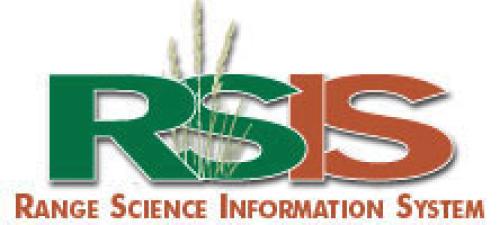Ecological research can be misinterpreted by the popular press and misapplied in land management. One example of this concerns the controversial concepts of overcompensation by grazed plants and herbivore optimization of plant productivity. Painter and Belsky have looked at the applications of studies suggesting that being grazed increases the productivity of grasses and grassland communities. They have found the evidence for overcompensation in these studies to be scanty; however, it continues to be used as a justification for intensive grazing of American rangelands. The authors stress conclude that although we understand that there are important distinctions between scientific and popular writing styles, and that it is impossible to prevent misinterpretation or misuse by non-professionals, it is important for ecologists doing basic and applied research to be attentive to the social contexts of their science and to communicate their ideas and results clearly.

Citations and enhanced abstracts for journals articles and documents focused on rangeland ecology and management. RSIS is a collaboration between Montana State University, University of Idaho, and University of Wyoming.